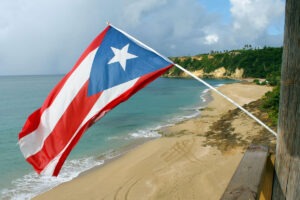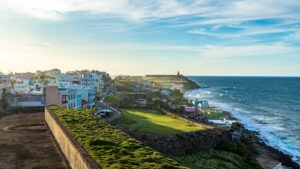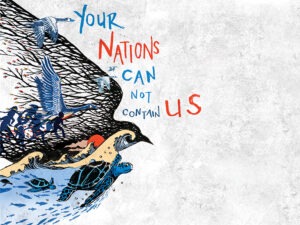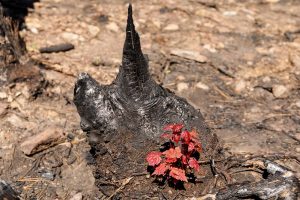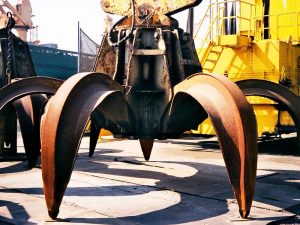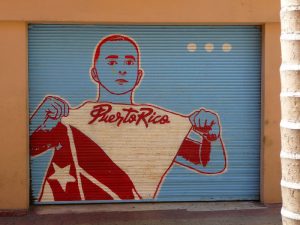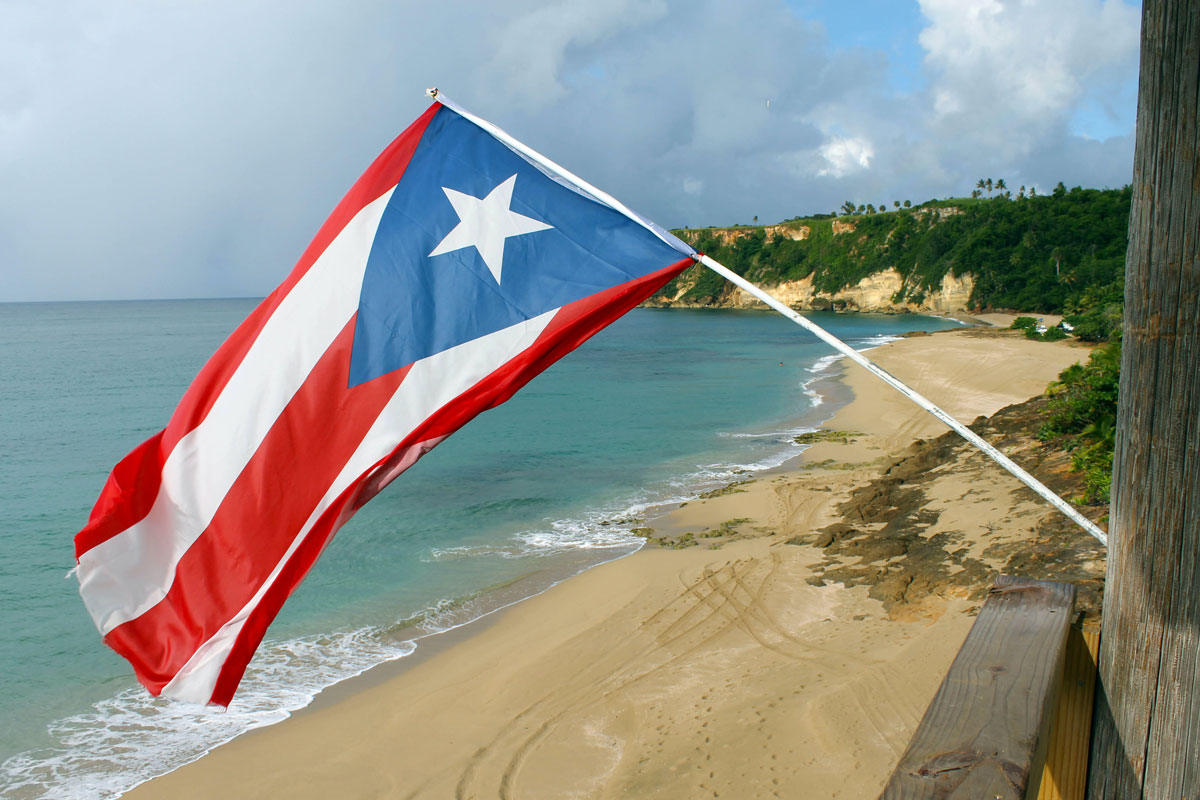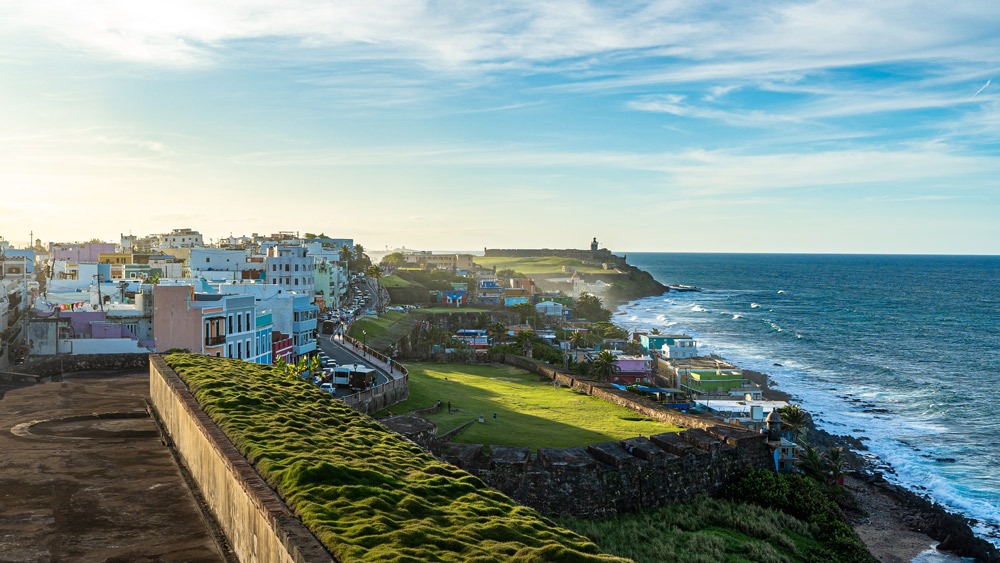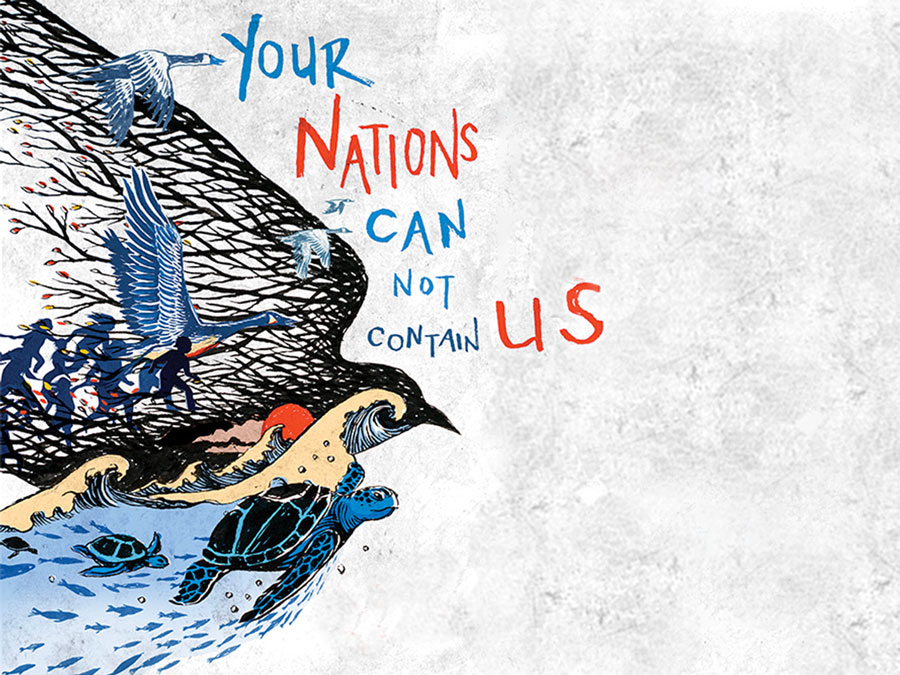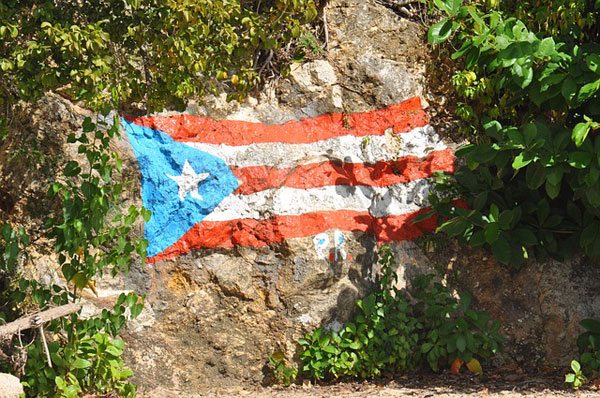
October 20, 2017; The Intercept and WBUR
Like many others, NPQ has written about the need to be on the lookout for what Naomi Klein calls “shock doctrine,” or disaster capitalism, in Puerto Rico in the wake of Hurricanes Irma and Maria. In a recent article by Elizabeth Yeampierre, who I interviewed for a recent NPQ article, and Klein, they write, “Puerto Ricans are hard to shock, but the island may be on the verge of shocking the world by seizing a crisis of unimaginable hardship to forge an inspiring new model of economic development.”
Puerto Ricans on the island have been partnering with Puerto Ricans stateside “under the banner of a ‘just recovery.’”
The work is rooted in the belief that the underlying reason behind all of Puerto Rico’s intersecting crises is the fact that the island’s people and land have been treated like a bottomless raw resource for the mainland to mine for over a century, never mind the devastating economic consequences. Interestingly, the global climate crisis—which is now hitting Puerto Rico with disproportionate fury—comes from a strikingly similar logic: For centuries, industrial societies have been extracting and burning fossil fuels as if there would never be any ecological consequence for our actions. We were badly mistaken.
The US House-approved relief package comprises $5 billion in loans for rebuilding; Moody’s Analytics places the rebuilding cost at $95 billion, and the island has a $74 billion debt. While Office of Management and Budget Director Mick Mulvaney said, “We are not going to deal with the fundamental difficulties Puerto Rico had before the storm,” and Trump says the crisis is of the island’s own making, the just recovery movement is moving ahead with what the authors call “a bold and holistic plan for the island to be rebuilt as a beacon for a safe, resilient, and thriving society in the era of accelerating climate chaos, spiraling economic inequality, and rising white nationalism.”
The justice-based recovery it articulates seeks to replace extractive strategies with “relationships based on principles of reciprocity and regeneration.” In a previous NPQ article, I wrote, “Symbolically, the power struggle surrounding the power industry in Puerto Rico highlights the asymmetrical power relationship between the island and the US.” Yeampierre and Klein note that Puerto Ricans are leveraging the collapse of the island’s power industry to redefine its political power vis-à-vis the US. They write that the effort’s vision is “an island where the people of Puerto Rico transition rapidly to renewable power—and claim their full political power at the same time.”
In the short term, this kind of recovery includes:
Sign up for our free newsletters
Subscribe to NPQ's newsletters to have our top stories delivered directly to your inbox.
By signing up, you agree to our privacy policy and terms of use, and to receive messages from NPQ and our partners.
- Meaningful debt relief
- A waiver of the Jones Act
- Aid money going to Puerto Rican organizations and communities rather than external nonprofit organizations
Long-term:
- Transitioning from fossil fuels (at 98 percent before the storms) to a decentralized system of renewable clean energy micro-grids that can withstand future weather shocks and allows households to be self-reliant
- Transitioning from the importing of food (at 80 percent before the storms) to “agroecology,” the revival of local agriculture that draws on indigenous knowledge and modern technology, and also produces carbon sequestration
- Building on the aforementioned, remaking Puerto Rico’s economy to increase self-sufficiency and local wealth, and ecological sustainability
Efforts are already underway, led by nonprofit organizations. The Coastal Marine Resource Center’s Resilient Power Puerto Rico launched hours after Hurricane Maria and builds on Power Rockaways Resilience, mobilized in New York after Hurricane Sandy. It distributes solar-powered generators and has three phases: relief hubs for the hardest hit and most remote communities; 100 mobile solar kits, one each for each of the 78 municipalities and multiple neighborhoods in bigger municipalities; and solar electric energy for every household on the island.
Farmers’ groups are calling for community-controlled agricultural cooperatives that grow food for local consumption. Groups like Boricua Organization for Ecological Agriculture have “agroecology brigades” that travel to communities delivering seeds and soil. One of its farmers, Katia Aviles-Vazquez, said, “Today I saw the Puerto Rico that I dream being born.”
While these organizations have sprung up to lead the remaking efforts, community-based nonprofits have set aside their mission and “transformed into de facto relief brigades…to meet the most immediate needs of their communities, whether it’s food, water, shelter, medicine, disinfectants or other life-and-death necessities.” Last week WBUR travelled to Puerto Rico to cover the work of three such organizations, which have received support from a new fund set up at The Boston Foundation, Massachusetts United for Puerto Rico. Project Enlace (Project Link) is an alliance of community groups comprising the eight neighborhoods along the Martin Pena Channel. According WBUR’s Simon Rios, “the groups are calling on the Puerto Rican ‘diaspora’ and anyone else to send financial support, and many on the mainland have answered the call.” While these groups are answering the crisis call, they are also wary; they want the government to deliver on its responsibility as well.
In southeast Puerto Rico, “where Hurricane Maria first made landfall,” PECES (Program of Communal Services and Delivery), “which operates a school and employs about 100 people,” coordinates healthcare workers. According to Rios, a “lack of coordination is a problem facing the groups trying to carry out relief work.” PECES Vice President Pedro Morales Oquendo said, “We know where the houses are, which are the ones that lost everything, which are the ones that lost their roofs, where the bedridden are located. We can bring help directly to them. The government can’t do that.”
In Loiza (where my family is from), to the east of San Juan, Taller Salud (Health Workshop), a women’s empowerment group, has transformed its headquarters into “a makeshift warehouse, stocked with essentials from food and hygienic products to over-the-counter medicines.” It also runs a free kitchen three days a week and offers acupuncture and massage therapy to relieve the stress of apocalyptic living.
These groups are turning to each other to provide the links—local knowledge and relationships—that the government doesn’t have “whether it’s because of poor planning by central authorities, the obliteration of the communication infrastructure at a time when it’s most needed, or a bogged down response by government entities.” They seek to divert another crisis—a population exodus—and to build a Puerto Rico for Puerto Ricans.—Cyndi Suarez


